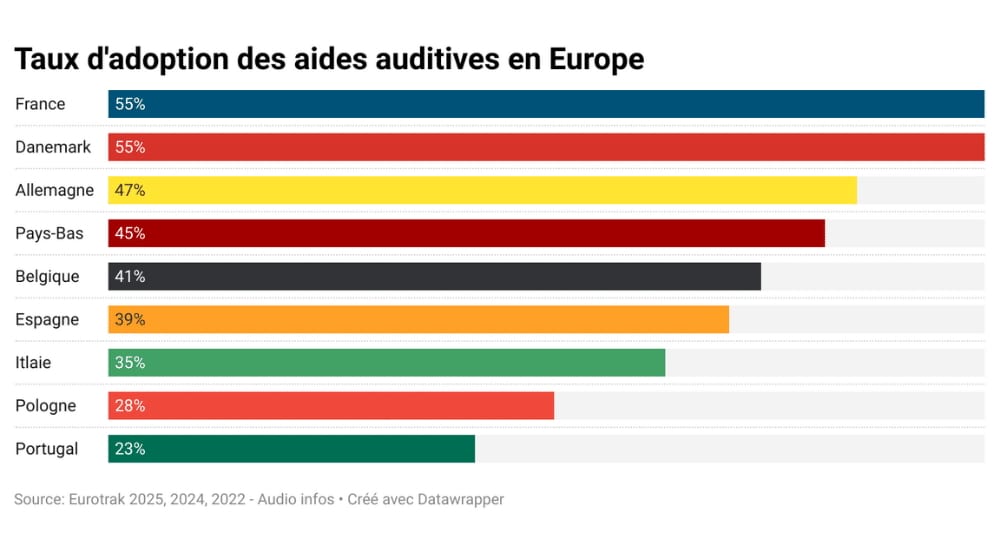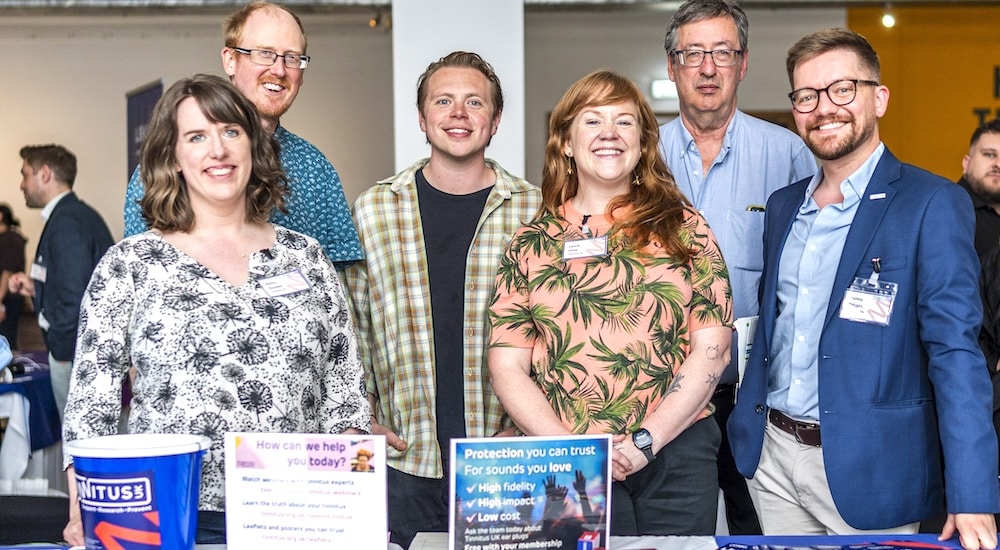Pandemic facemasks pose problems for 79% of cochlear implant users
covid
Four out of five cochlear implant users complain of communication problems caused by facemask wearing made compulsory through coronavirus measures, a study by the firm MED-EL has revealed.

The Austria-basd cochlear implant manufacturer has underlined an important nuance of the projected “new normality” by highlighting the results of its December 2020 global survey of users with hearing implants: 79% of respondents stated that they have difficulty in understanding people wearing masks. Among adults, this number was actually much higher (90%) than among children (65%).
While MED-EL points out how the pandemic has boosted telemedical and digital treatment and rehabilitation provisions, ˝as well as services that will continue to set important new standards for the approach to hearing loss and hearing solutions in the future.˝, it emphasises the challenges the pandemic has meant for the 466 million people around the world suffering from hearing loss.
Unlike normal hearing persons who can find solutions to the challenges of mask wearing, those with hearing loss feel all the more that they are unable to participate to an equal extent in conversations, meetings or classes, says MED-EL.
“People with hearing loss face communication and hearing barriers on a daily basis. The pandemic has increased and worsened the situation of social isolation for those affected, especially in countries where masks are mandatory.”, explained Teresa Amat, President of the European Association of Cochlear Implant Users, EURO-CIU, using World Hearing Day on March 3 to get the message across.
The same day saw Dr Ingeborg Hochmair, founder and CEO of MED-EL, reinforcing the concern that digital solutions must be found to come to the rescue of those whose communication is so severely hampered: “During difficult times in particular, we have to stand together against social isolation and hearing loss as a communication barrier and restriction to quality of life. The pandemic has shown that in future, it will not only be those affected themselves, as well as their families and friends, who will need to take innovative approaches to hearing health, but also manufacturers of hearing solutions, ENT specialists, audiologists, clinics with CI programmes and advisory centres, but also hearing aid acousticians and dispensers.
Source: MED-EL


